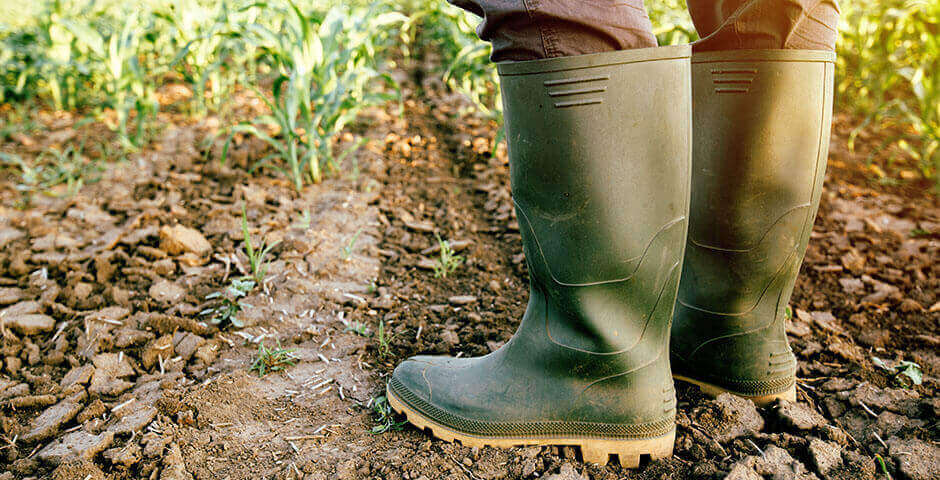Agroecology: towards a more sustainable agriculture

Bonduelle is helping to develop the agriculture of the future to protect the environment and optimise vegetable quality. And agroecology might just help achieve this.
Climate change and its repercussions will seriously put the ability of species and ecosystems to evolve and adapt to the test. Crops are especially susceptible to this phenomenon, which means we need to think about ways of changing how we grow food products. The Bonduelle Group is achieving this by making the transition to more sustainable practices, inspired by agroecology .
Agroecology as a strategy
This approach aims to secure productivity, while increasing resilience to climate change and the volatility of agricultural prices. Agroecology, by definition, also wants to maximise the ecosystem services that are provided by agricultural systems as well as limit any negative impact, among other things by reducing their dependence on fossil resources.
Bonduelle aims to participate actively in the agroecological transition, which is why it has developed an agronomic strategy that is founded on 5 principles :
- Protect the soil,
- Increase biodiversity,
- Reduce the carbon footprint,
- Optimise water quality and water-use efficiency,
- Reduce the residues from chemical inputs.
Alternative cultivation techniques
Bonduelle and its farming partners want to achieve progress for each of these 5 criteria, which is why they adopted agroecological techniques, also called alternative cultivation techniques . These farming practices are founded on the functionality provided by natural ecosystems, enhancing them, with the aim of reducing the environmental impact and preserving natural resources.
Examples include plant cover, for example, which helps preserve the organic matter in soil, or parasitic wasps that can be used as biological pest control, or the collection of manure from farmers, to mix it with green waste and produce organic fertiliser.
The Bonduelle Group hopes to use an adequate combination of alternative cultivation techniques on 100% of its cultivated land by 2025. Its new baseline, “ La nature, notre futur ”, also expresses this ambition, and it gave rise to a manifesto that illustrates Bonduelle’s commitment to working together to create a better future through plant-based food.